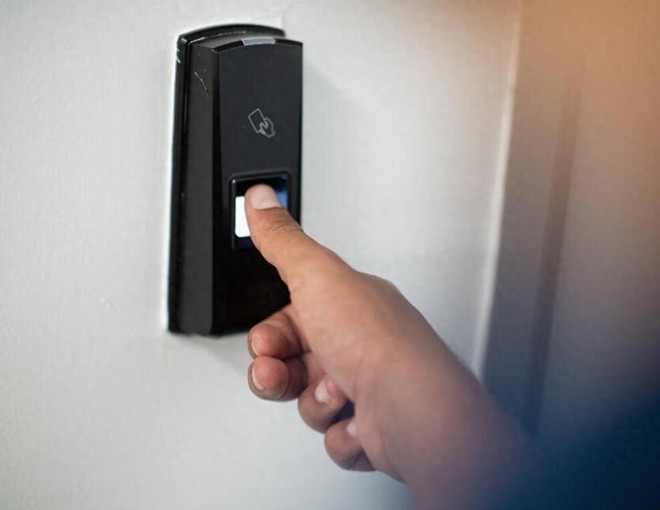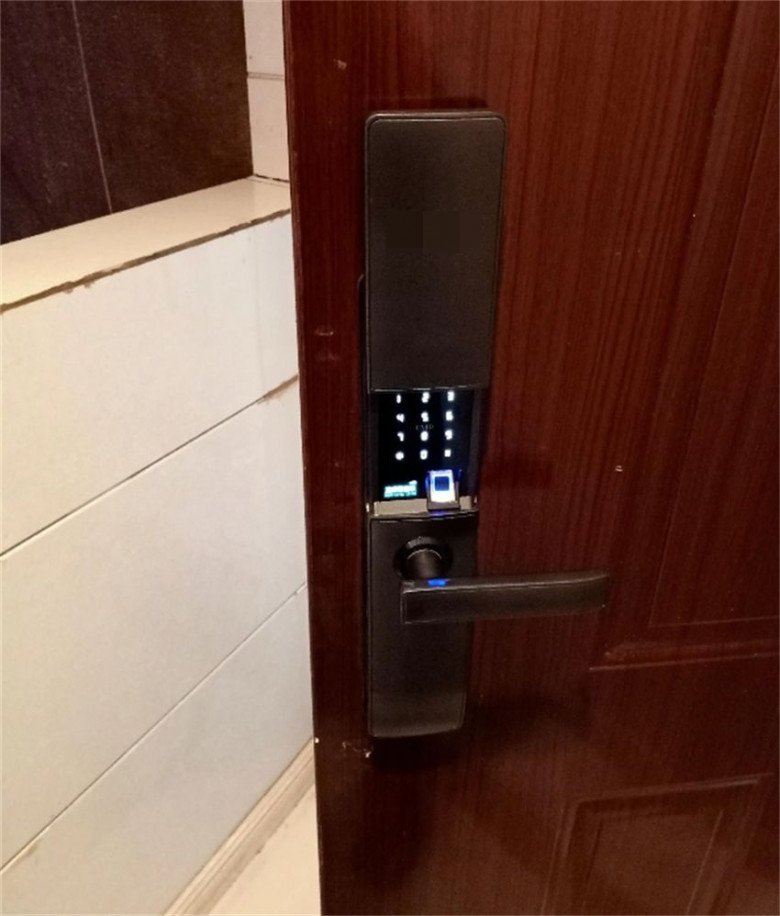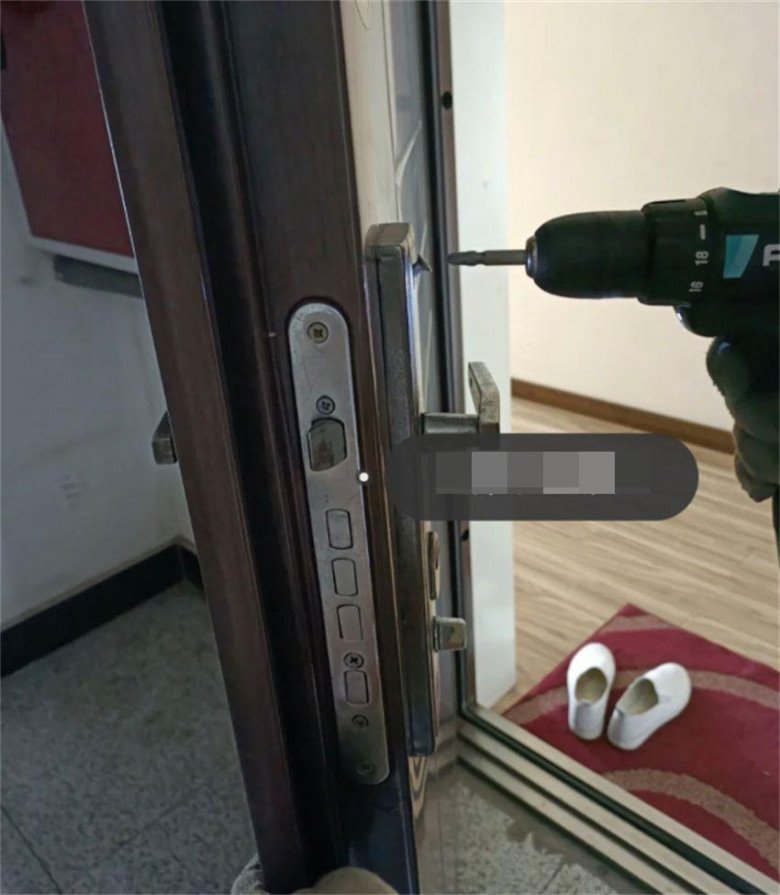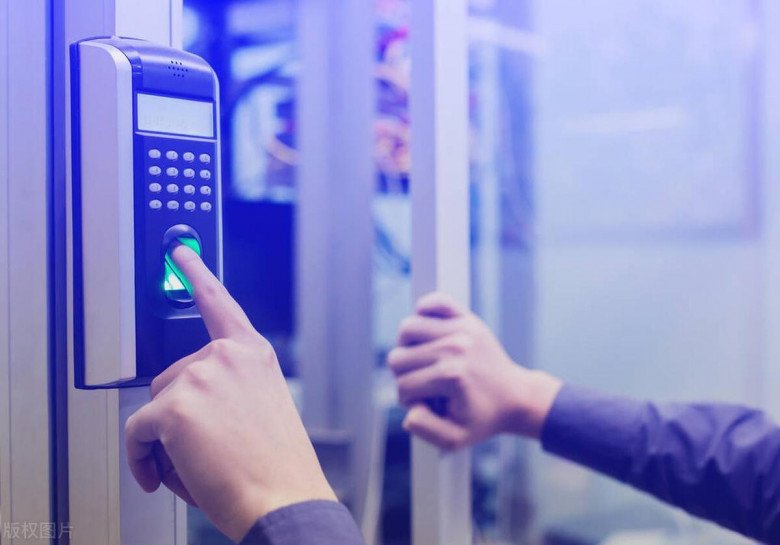Fingerprint locks are facing a backlash, with many users expressing dissatisfaction and even blacklisting them. Here’s why:

1. Expensive
As a product of modern technology, fingerprint locks offer convenience and security, but they also come with noticeable drawbacks. For instance, they tend to be significantly more expensive than traditional mechanical locks.
The high cost of fingerprint locks is due to the integration of advanced biometrics technology and a relatively complex manufacturing process. This means that if you want to install a fingerprint lock, you’ll have to pay a higher price compared to traditional locks.
2. Inconvenient to Use
Most fingerprint locks rely on battery power, which can lead to identification issues. Some users have reported that they had to try unlocking the door multiple times before gaining access. Additionally, wet or dry hands, or worn fingerprints, can further complicate the identification process, causing frustration among users.

3. Prone to Malfunctions
Fingerprint lock malfunctions can stem from various factors. The intricate mechanical and electronic components inside the lock can be susceptible to external influences, leading to potential water damage, dust accumulation, or rust, resulting in malfunctions.
Over time, normal wear and tear, as well as aging, can also impact the lock’s performance. Additionally, there are design-related vulnerabilities. Some fingerprint locks may sacrifice security features for convenience, employing simple identification algorithms that are vulnerable to fake fingerprint attacks or lock-picking.

Are Fingerprint Locks Worth the Investment?
In today’s world, with the relentless advancement of technology, home security has become a growing concern. For families with the financial means, installing fingerprint locks can be an excellent choice.
Fingerprint locks offer not just superior security but also simplicity and convenience, providing peace of mind when it comes to home security.
The level of security afforded by fingerprint locks far surpasses that of traditional mechanical locks, which are susceptible to being picked or broken into. Fingerprint locks utilize biometrics technology, identifying users’ unique fingerprint data, making them extremely secure.
Fingerprint locks often come with various alarm functions, capable of sending timely alerts in abnormal situations and effectively deterring intruders.

Traditional mechanical locks require you to carry keys, which can be easily lost or forgotten, causing significant inconvenience. Fingerprint locks eliminate this hassle, as you only need to press your finger to unlock the door, without the need for keys.
For larger families, fingerprint locks offer even greater convenience and speed, significantly enhancing the family’s quality of life. However, if your home security door does not meet the installation requirements for fingerprint locks, you may opt for traditional locks. Nonetheless, fingerprint locks surpass traditional locks in terms of safety and convenience.
When choosing a fingerprint lock, it’s essential to be discerning to avoid potential annoyances.


































